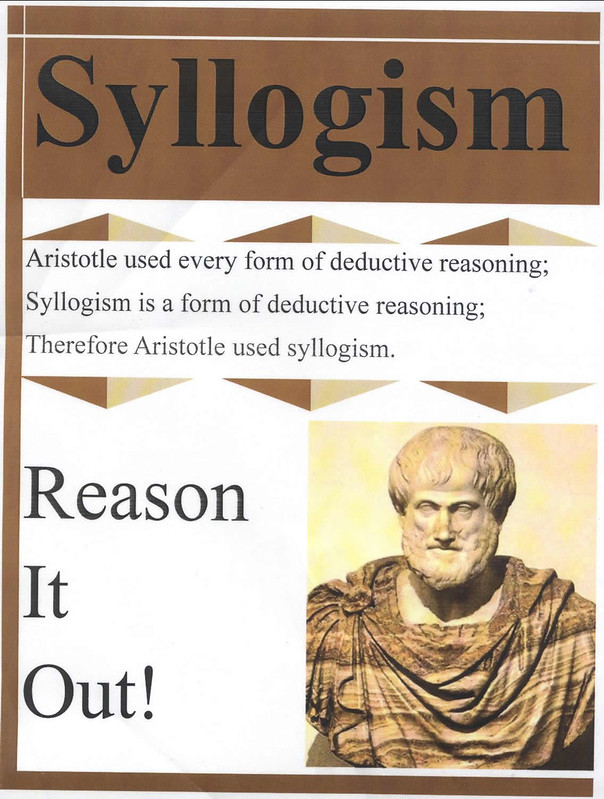Highlights
1. The key difference between syllogism and statement and conclusion is that syllogism is a logical argument, whereas statements and conclusions are components of a syllogism.
2. In a syllogism, a statement is a sentence that declares something, while a conclusion is the logical result of the relationship between the premises. A syllogism typically has two statements and a conclusion.
3. Syllogism is a logical argument used in deductive reasoning to come to a conclusion based on two premises that are considered true. A syllogism consists of two statements and a conclusion.
Introduction
The key difference between syllogism and statement and conclusion is that syllogism is a logical argument, whereas statements and conclusions are components of a syllogism.
What is a Syllogism?
Syllogism is a logical argument used in deductive reasoning to come to a conclusion based on two true premises. It consists of two statements and a conclusion.
What is a Statement?
In syllogism, there are different types of statements such as major premise and minor premise. The major premise is a general statement, while the minor premise is a statement related to a particular case.
What is a Conclusion?
In syllogism, there are different types of conclusions such as negative, positive, and universal conclusions. Conclusions must be checked and solved in order to solve the syllogism questions.
What is the Difference Between Syllogism and Statement and Conclusion?
The main difference is that syllogism is a logical argument, while statements and conclusions are components of a syllogism. Syllogism has three sections (major premise, minor premise, and conclusion), while statements and conclusions do not have sub-sections.
Summary – Syllogism vs Statement vs Conclusion
In summary, syllogism is a logical argument, while statements and conclusions are components of a syllogism.
